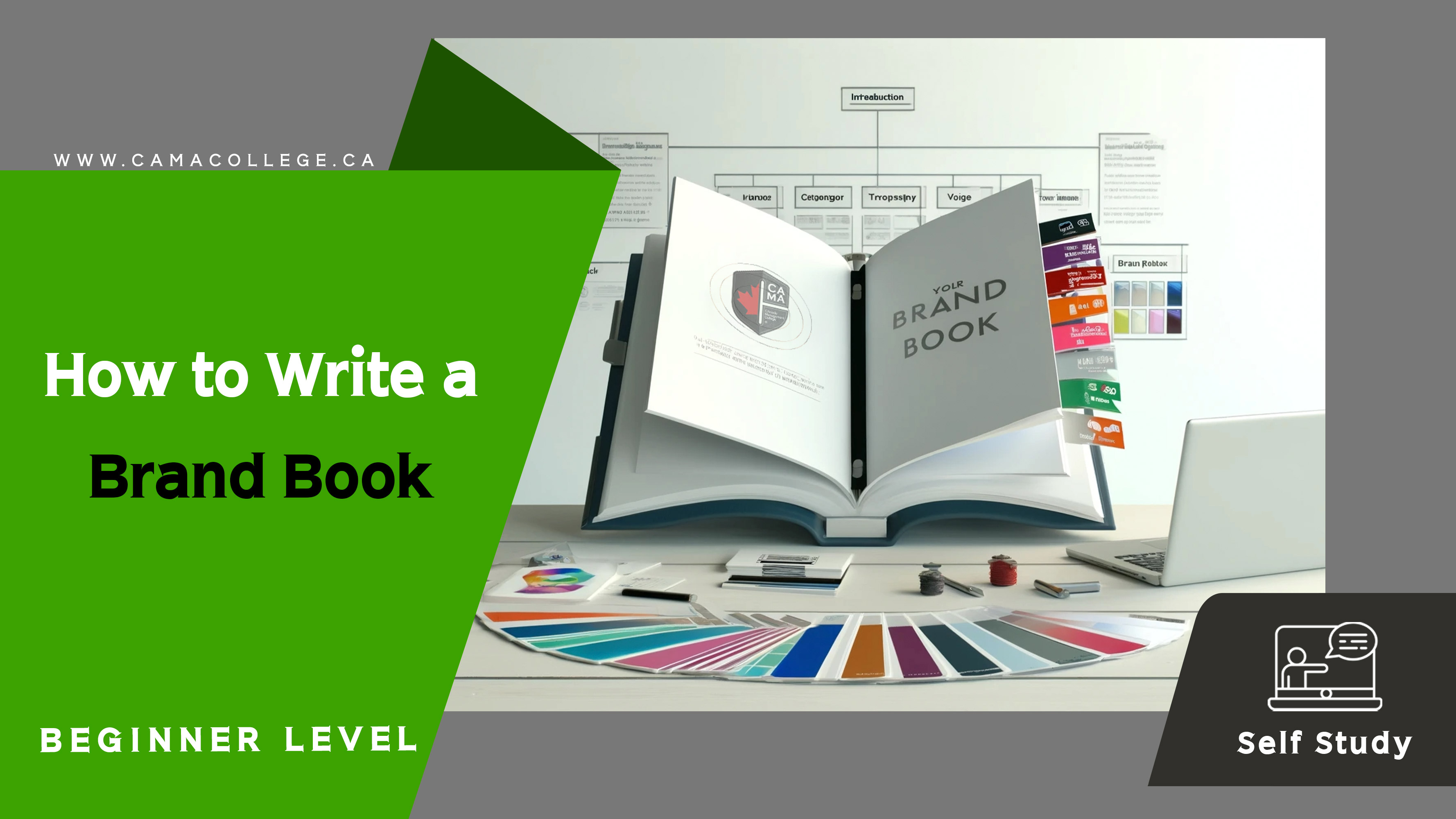Branding for Business
In Branding for Business Beginner Course, you will embark on a journey towards learning about one of the most prominent and impactful …
What you'll learn
Introductory Remarks
Gaining the necessary foundational knowledge by learning about basic concepts such as definition, history, and significance of branding for the growth of any business
Brand Identity Development
Creating a distinctive and cohesive brand identity that specifies the mission, vision and values of a brand as well as its personality and target audience
Establishing a Brand Strategy
Learning to position your brand in the market and differentiate it from other brands by developing a Unique Selling Proposition (USP), pinpointing the brand’s position in the market, and conducting analyses of the competition to gain a competitive edge
Visual Branding Elements
Creating the visual aspects of your brand by learning about concepts like designing a logo, choosing a color palette, and complementing these visual elements using typography
Brand Messaging
Developing the verbal, textual and narrative aspects of your brand’s communication by learning about the voice and tone of the brand to maintain an authentic consistency, learning about taglines and slogans to effectively convey the message, and learning about storytelling for the brand to engage, and resonate, with the audience
How to Write a Brand Book
In How to Write a Brand Book Beginner Course, you will learn the ways to create and manage comprehensive brand books that …
What you'll learn
Introductory Remarks
Establishing a clear, tangible, and scientifically accurate foundation containing basic terms, notions, roots, definitions, history, purposes, and examples in accordance with the scope of the course, the nature of its subject matter – specifically, its instrumentality – and the central approaches to its overall pedagogy
Brand Identity Essentials
Defining and articulating the core elements of a brand including its mission, vision, core values, audience, personality, collective voice, and all in all its raison d'etre
Logos, Graphics, Image and Imagery
Developing an understanding of the literal and non-literal image of a brand in every sense of the word including its visual representations, logo usage, color palette, typography standards, stylistic cohesion, photography guidelines, iconography, illustrations, design principles, etc.
Brand Messaging
Learning about the verbal aspects of a brand such as crafting a brand story, key messages, taglines, and the consistency of voice and tone in all of the communications of a brand
Implementation and Management
Learning the practical aspects of using and managing your brand book such as training your team and stakeholders to utilize the brand book as effectively as possible, monitoring your brand consistency over time, and updating and evolving the brand book as your brand itself evolves
Conclusion
Following the methodological uniqueness and methodical tendencies in educational approaches of CAMA College, bringing the course to a proper conclusion and getting the whole picture by reviewing what was thoroughly taught and thought throughout the course so as to fortify its effectiveness for the participants
Creating an Advertising Campaign
In Creating an Advertising Campaign Intermediate Course, you will gain a useful understanding of this area; and, to do so, you will …
What you'll learn
Introductory Remarks
Getting to know the basic terms, concepts, history, evolution and significance of the subject matter to help create a methodical introduction that can promise a successful conclusion
Market Research and Analysis
Learning about various facets of this area in order to identify and understand your target audience, analyze your competitors, and stay ahead of market trends
Creative Strategy Development
Gaining an intermediate-level understanding of a series of essential processes that include crafting a Unique Selling Proposition (USP) that differentiates your brand, creating powerful and effective advertising messages, and interacting via techniques of visual and verbal communication by combining textual and visual material for maximum impact
Media Planning and Buying
Choosing the correct medium and the right media channels for reaching your audience, allocating budgets of this nature with an approach that encapsulates efficient distribution, and comprehending the ins and outs of media buying so as to effectively purchase media space and time
Digital Marketing Integration
Incorporating into your advertising practice an array of modern digital tools and approaches based on the use of social media, Search Engine Optimization (SEO), Search Engine Marketing (SEM), Email Marketing, etc. to improve visibility
Campaign Execution and Management
Developing a sense of how to bring any advertising campaign from concept to reality using techniques such as Timeline Creation to plan and schedule your campaign, Resource Management to efficiently manage people, time, and other such assets in your campaign, and Monitoring and Adjusting Strategies to track your campaign performance and make the necessary adjustments accordingly
Conclusion
Following the methodological uniqueness and methodical tendencies in educational approaches of CAMA College, bringing the course to a proper conclusion and getting the whole picture by reviewing what was thoroughly taught and thought throughout the course so as to fortify its effectiveness for the participants





